How to get child support from out of state parent
Child Support Enforcement After a Move
In this article
- First Steps To Enforcing Child Support Payments
- Child Support State Services: The Basics
- Using Parent Locator Services
- Using Your Ex's New Job for Child Support Payments
- Uniform Interstate Family Support Act (UIFSA)
- Pressing Charges for Unpaid Child Support
- Extraditing a Parent Back to Your State
If a non-custodial parent moves out of state, or already lives out of state, rest assured you can still get the child support your children need. Having one parent live in a different state can make the process trickier, but there are ways to find your ex and make sure they pay child support.
Family court orders are enforceable across state borders, so it does not matter where a parent lives. Child support services can help you, and family court judges can hold your ex in contempt of court or enforce any existing child support order.
If there is not already a court order in place, then you need to file with the state you live in now before seeking child support from someone out of state.
First Steps To Enforcing Child Support Payments
No matter where the custodial parent lives, they have many options for going about this process. This can be an easy process or a difficult one, depending on whether your ex is cooperating or trying to hide.
Your first steps may include:
- Finding out the other parent's current address from relatives or friends
- Hiring a private investigator
- Using locator resources from your local child support office
These would all be viable options if your ex did not tell you where they were moving. Under the Uniform Interstate Family Support Act (UIFSA), sometimes called "Interstate Action,"states must help you find your ex for missing child support.
This act also prevents multiple states from ordering child support and helps you find the other parent if they move away.
Child Support State Services: The Basics
You can choose to work with your local Child Support Enforcement Agency (CSEA) or directly with your state. Generally, you should pick one of these options and not both, so there are not duplicate cases in progress. In some states, you may need to start the process with your CSEA, and they will refer it to the state.
It is essential to know that the state you live in is the "initiating state," and they will contact the "responding state" as the case progresses. You do not need to contact the state your ex moved to — only the state or CSEA office in the state you live in.
Using Parent Locator Services
Every state has a parent locator services. The local child support offices have access to resources such as:
- Federal new hire data
- State new hire data
- Driver's license change of address information
- Unemployment insurance information
- Worker's compensation filing
- Criminal and civil court records
- Credit bureau data
- Bureau of Motor Vehicles or DMV information
- Public assistance applications (such as applying for food stamps)
Essentially, if your ex tries to work, get a place to live, use a credit card, or apply for government assistance, agencies can find them.
Once the other parent's address is found, the courts have a way to contact them, and the enforcement of child support can begin.
Using Your Ex's New Job for Child Support Payments
An easy way to enforce child support orders when the other parent is out of state is to garnish wages. You can have the courts send a garnishment order directly to the other parent's employer, and the child support will come straight out of their paycheck.
Under federal law, all employers must honor child support garnishment orders from other states. Your ex's employer can't refuse to garnish an employee's wages for child support just because the garnishment order comes from another state.
Uniform Interstate Family Support Act (UIFSA)
Every state has passed some version of the UIFSA. This law is designed specifically to enforce child support orders from one state against a parent who lives in another state.
Filing a claim under UIFSA usually involves hiring an attorney or working with your local child support office. It enables you to contact relevant people in the other parent's state to enforce your child support order, such as:
It enables you to contact relevant people in the other parent's state to enforce your child support order, such as:
- The state's local courts
- Child support agencies
- The other parent's attorney
The courts and authorities in the other state must enforce your child support order — just as if it was created in that state.
This can take time, so it is helpful to start the process right away. It can take months or over a year to get child support cases to court when legal action is needed.
Pressing Charges for Unpaid Child Support
Many states also have criminal laws that address unpaid child support orders.
If a parent refuses to pay child support as ordered, you can take action. However, if they cannot pay because of financial issues, there are other paths to take that do not involve criminal charges.
You or an attorney can contact your local prosecutor's or district attorney's office. They can file criminal "nonsupport" charges against the other parent, even if they live in another state.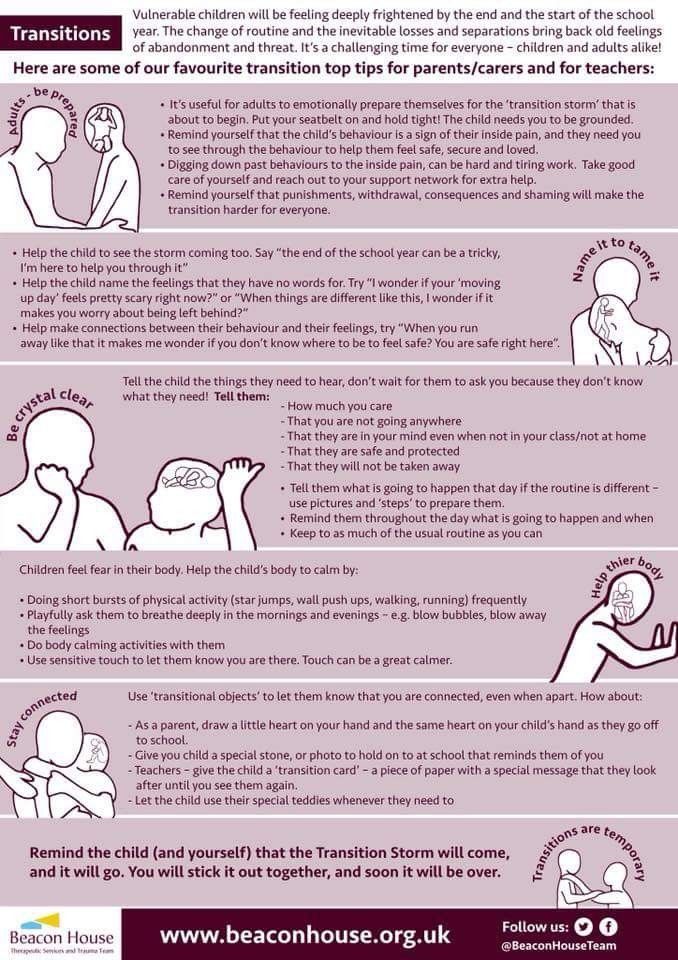
Extraditing a Parent Back to Your State
In some cases, your state can "extradite" or bring the other parent back to your state, but only if they are charged with a child support crime.
The felony nonsupport charges vary state by state, and can result in:
- Arrest
- Jail or prison time
- Home detention or house arrest
- Probation
The process will involve steps to find the parent and use strategies to get your children's support money. Rest assured that crossing state lines will not stop your ex from paying the child support your family needs.
What Are Child Support Laws When Parents Live in Different States?
- What Are Child Support Laws When Parents Live in Different States?
- How Does Collecting Child Support Change When One Parent Moves to Another State?
- Who Has Jurisdiction Over Your Case?
- Myers Law Firm Can Help With Child Support Orders Across Multiple States
Child support can be crucial to a child’s development, and state lines shouldn’t stand in the way. The short answer to what happens to child support over state lines is nothing, but it’s not always that simple. Seemingly small child support matters can grow in complexity when multiple states and their agencies come into play.
The short answer to what happens to child support over state lines is nothing, but it’s not always that simple. Seemingly small child support matters can grow in complexity when multiple states and their agencies come into play.
If you need to navigate this kind of complex legal matter that can change greatly from your state to the next, it can be a good idea to seek out experienced legal help before proceeding.
An existing child support order will stay in place when one parent moves unless there’s a modification to the support order. That means child support payments must continue regardless of where the parent lives. This is because the Uniform Interstate Family Support Act (UIFSA) enables courts to make child support orders that stay in place over state lines.
RELATED: Can I Take My Ex to Court for Custody Issues in North Carolina if They Live in a Different State?
And to help support parents that collect child support, every state has a child support agency known as Child Support Services (CSS) or Child Support Enforcement (CSE).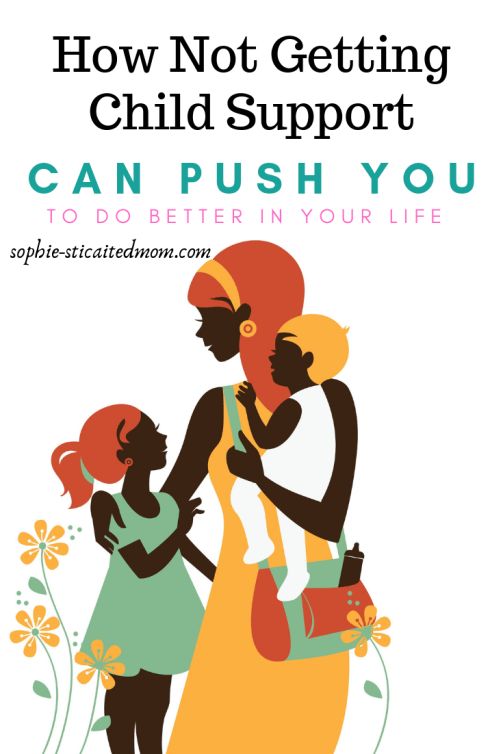 They specialize in a variety of basic support needs:
They specialize in a variety of basic support needs:
- Locating non-custodial parents
- Collecting due support
- Enforcing support orders
The office and tools available can change depending on where the parents live and which state holds the original or overriding order. When child custody isn’t forthcoming, and it can rely on the home state to know how one can enforce child support orders, like:
- Direct income withholding
- Tax intercepts
- License revocation
“I wanted to thank you. I know it takes a lot to put together a case. After the first time meeting with you, you remembered our information, barely referring to your notes and continued to do so. You were generous with your thoughts and ideas as to how we could get what we were hoping for and it's so appreciated. We couldn't have gotten the verdict yesterday without you....It really does make a difference that you seem to care.”
E.W.
“I went to another law firm and they turned me down…would not take my case. Myers Law Firm met with me, handled my case and would not back down from insurance company. Even when they had to file suit to protect me for my personal injury and property damage. I received a very fair settlement. Mr. Myers I appreciate you and your staff.”
Myers Law Firm met with me, handled my case and would not back down from insurance company. Even when they had to file suit to protect me for my personal injury and property damage. I received a very fair settlement. Mr. Myers I appreciate you and your staff.”
A.V.
“Mr. Lee-Thanks to you and Bessie for all of your help last year and most recently with the referral. I sold the house and the kids and I moved 8 days before Christmas. God is good, faithful and true.”
S.W.
While support orders continue to exist outside state boundaries, the creation, modification, and enforcement can look different from state to state. Even if the child is from North Carolina or recently moved here doesn’t mean a North Carolina court will rule on the case. The Uniform Interstate Family Support Act (UIFSA) clarifies when a state has jurisdiction over a child support case.
Defining States Is Crucial in Your Child Support Order
If you and the other parent both begin court actions in different states, the state with jurisdiction will generally overrule the decision of the other state. If you or the other parent moves states, then it’s important to know who will enforce support orders.
If you or the other parent moves states, then it’s important to know who will enforce support orders.
Pursuant to UIFSA, a state may initiate a child support order when the parents are in different states only if the state has jurisdiction over the person who is responsible for paying support. If the payor lives in the state, the state has jurisdiction. If the payor does not live in the state, there are only certain grounds when the state can exercise jurisdiction over the person. These grounds can be viewed here: https://www.ncleg.gov/EnactedLegislation/Statutes/PDF/BySection/Chapter_52C/GS_52C-2-201.pdf. Once a state obtains jurisdiction over the payor, that state continues to have “exclusive, continuing jurisdiction” to modify or enforce the order. The “exclusive, continuing jurisdiction” can be lost in certain instances when another state can then take over and modify or enforce the order.
Managing child support isn’t easy, and things can get even more difficult when crossing state lines. When you’re facing complications with tough family legal matters, hiring a family law attorney can be an important first step.
When you’re facing complications with tough family legal matters, hiring a family law attorney can be an important first step.
Myers Law Firm has over 60 years of combined experience helping clients in North Carolina navigate family law. To learn more about how we can help you manage your child support issues, call us at (888) 376-2889 or fill out this brief online form to schedule your free online consultation.
References
Child Support. North Carolina Judicial Branch. Retrieved from https://www.nccourts.gov/help-topics/family-and-children/child-support
N.C. Gen. Stat. § 50-13.4 (2020)
Uniform Law Commission. (2008). Interstate Family Support Act. https://www.uniformlaws.org/committees/community-home?CommunityKey=71d40358-8ec0-49ed-a516-93fc025801fb
The content provided here is for informational purposes only and should not be construed as legal advice on any subject.
Contact Myers Law Firm
We are committed to continuing to serve our clients’ legal needs
Single Divider
We are able to meet with clients and hold consultations with prospective clients via telephone or video conference.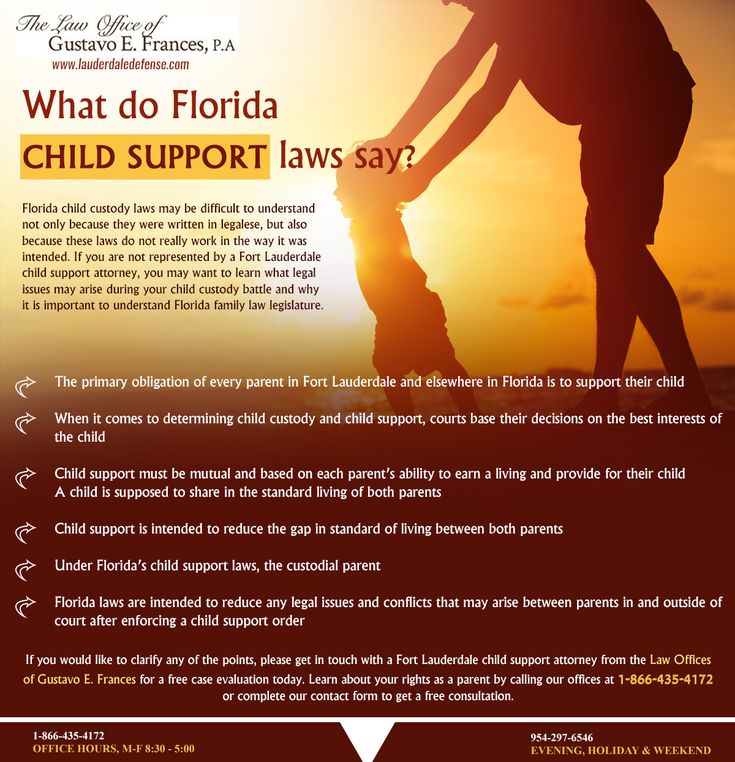 If you need to contact us, please do not hesitate; we are happy to speak with you about your situation, your needs, and how we can help.
If you need to contact us, please do not hesitate; we are happy to speak with you about your situation, your needs, and how we can help.
© 2022 Myers Law Firm
How do I get child support from a familiar state?
Developed by an AmeriCorps Project of Western Massachusetts Legal Services; updated and revised by Jeff Wolf, Massachusetts Law Reform Institute
Retrieved October, 2009
If you have a child support order from a state you know, how can you get it in Massachusetts?
You must be sure that your child support order is certified in Massachusetts. To do this, call the Massachusetts Department of Revenue (DOR) and bring them a copy of the child support order and certification request. The IRS may ask you to fill out the appropriate paperwork or fill out a request form for your case from a familiar state where the order was issued. Once the child support order has been certified, the IRS will assist you in obtaining a document requiring your employer to deduct child support from the other parent's paycheck and provide you with familiar and necessary services.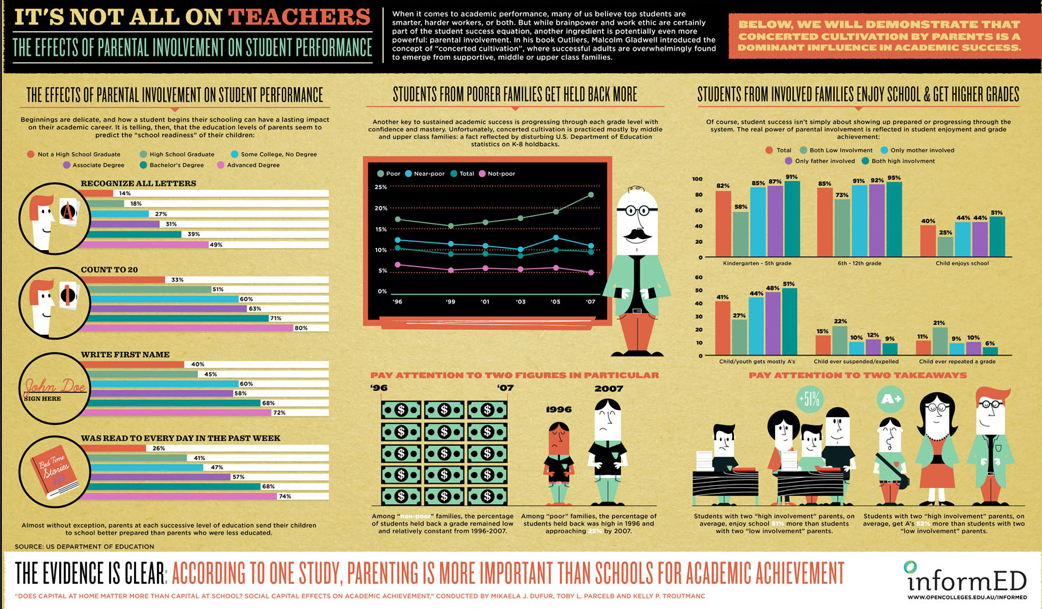
What if the other parent now lives in a familiar state and I need a court order to be valid in Massachusetts?
There is a federal law called the Interstate Family Support Act (UIFSA). Under this law, all states must cooperate, which would guarantee the receipt of child support.
There are two ways to get your writ to work in a familiar state:
- You can file a Complaint for Contempt or Complaint for Modification in Massachusetts then hire a bailiff or a familiar "messenger" in the state where the other parent lives to deliver a subpoena to the other parent to appear in court. Hopefully the other parent will show up in court.
- You can call the IRS at the Customer Service Bureau and ask them to help you get your order enforced in a state you know. If you think the other parent won't show up for your Massachusetts hearing, that's even better for you. Then you will need to fill out a form in which you will give all the information about the familiar parent and about your writ.
 The Massachusetts Department of Revenue (DOR) will then send an out-of-state order to the employer asking them to deduct money from their paycheck and send it (DOR). If the Internal Revenue Service (DOR) does not have the full information to force the employer to do so, the Internal Revenue Service (DOR) will contact the out-of-state agency dealing with the child support issue and ask them to enforce your order or change it to a state of Massachusetts. The entire clearance process will take about 6 months, but this is a good way to get the order fulfilled.
The Massachusetts Department of Revenue (DOR) will then send an out-of-state order to the employer asking them to deduct money from their paycheck and send it (DOR). If the Internal Revenue Service (DOR) does not have the full information to force the employer to do so, the Internal Revenue Service (DOR) will contact the out-of-state agency dealing with the child support issue and ask them to enforce your order or change it to a state of Massachusetts. The entire clearance process will take about 6 months, but this is a good way to get the order fulfilled.
If you have a child support order in Massachusetts but moved to another state, is that order still valid?
Yes. If you had an order in effect when you left Massachusetts, that order is in effect until the court changes it. Leave the Internal Revenue Service (DOR) with information on how to contact you so they can continue to send you support. If you fled Massachusetts because you were being abused and don't want the other parent to know where you are, ask the Internal Revenue Service (DOR) to keep your address private. Also ask them that your address is not on any court form.
Also ask them that your address is not on any court form.
If you didn't get a child support order and moved to another state, how can you get child support now?
All 50 states have child support agencies. They work with a friend to get child support orders enforced. But there is a slight difference in how each state achieves this.
You may need to file a claim in a new state. Or file a lawsuit in Massachusetts. It depends on the following circumstances:
- How long have you been away from Massachusetts;
- Is your file still in Massachusetts; or
- Whether the other parent still lives in Massachusetts.
Some states that know them best keep the address of abused parents a secret. Call the Women's Violence Protection Organization where you now live and ask them how they get child support.
A lawyer can help you file a claim. Call the legal services program in your new state to see if you can get help for free. You can also call the legal services program where you used to live in Massachusetts for advice on where to file a claim.
You can also call the legal services program where you used to live in Massachusetts for advice on where to file a claim.
Family Law - Sharifov & Associates - Attorneys at Law
division of joint property in New York
Family law is the branch of law that deals with matters relating to the family and family relations. Our family law practice includes representing clients both at the negotiation stage and in court in cases involving domestic violence (usually followed by an order of protection), divorces, separation, residence of children after divorce, and visitation of children. , child and spousal support, property division, domestic violence, prenuptial agreements, and juvenile delinquency lawsuits. We take part in out-of-court negotiations and also conduct court hearings when necessary.
divorce by consent in New York
FAQ:
1. What is the difference between a contested divorce and a non-contested divorce?
When both husband and wife voluntarily agree on all aspects of divorce, including division of joint property, residence and visitation of children, child support and for former spouses, or are able to sign a separation agreement, their divorce is considered a divorce by consent.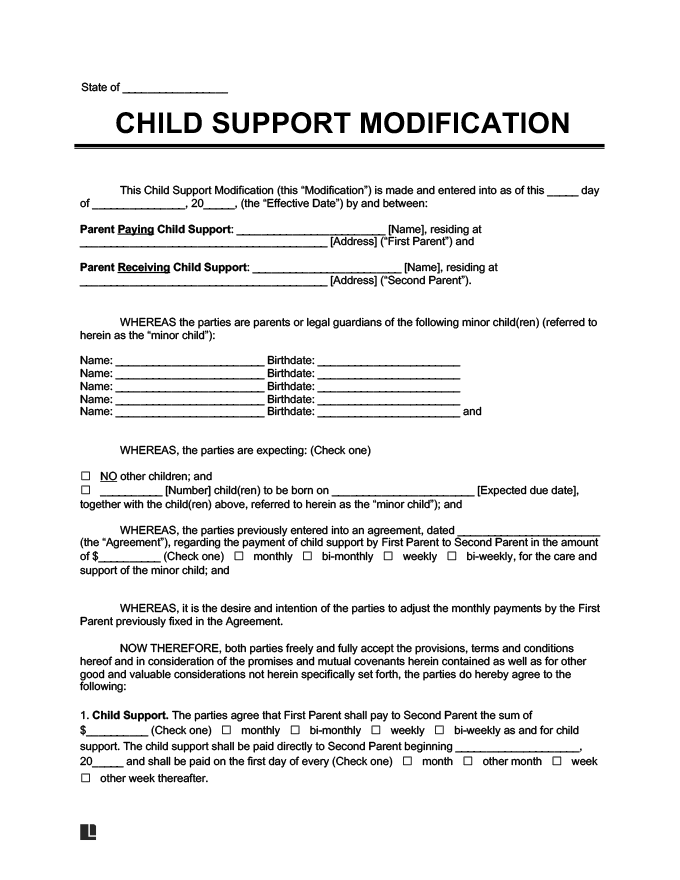 Arrest for Domestic Violence in New York On the other hand, when spouses cannot agree among themselves on all aspects of divorce and separation, and require the court to make appropriate decisions on the above aspects of divorce, they are forced to deal with a judicial divorce. On the practical side, a legal divorce requires a lot more work, usually takes longer, and tends to cost more.
Arrest for Domestic Violence in New York On the other hand, when spouses cannot agree among themselves on all aspects of divorce and separation, and require the court to make appropriate decisions on the above aspects of divorce, they are forced to deal with a judicial divorce. On the practical side, a legal divorce requires a lot more work, usually takes longer, and tends to cost more.
order of protection in new york
2. How can I get an order of protection in case of family violence?
If something threatens your physical or emotional safety or the safety of your children, you should immediately seek legal advice or the Court's assistance. You need to take immediate steps to keep you and your children safe. Family courts in all counties in the State of New York are able to make a quick decision on an application for an order of protection; usually, if needed, it can be done within one day. The Summons, Petition and Order of Protection must be delivered to the defendant. This can be arranged through the local police station, privately, or through a professional document delivery agent. The Family Court may order the Sheriff's Department to serve the documents. The case will be rescheduled and the defendant will be subpoenaed to respond to the domestic violence petition. Either by agreement of the parties or after a hearing, the judge may issue a permanent order of protection, limited or complete, for up to 2 years.
This can be arranged through the local police station, privately, or through a professional document delivery agent. The Family Court may order the Sheriff's Department to serve the documents. The case will be rescheduled and the defendant will be subpoenaed to respond to the domestic violence petition. Either by agreement of the parties or after a hearing, the judge may issue a permanent order of protection, limited or complete, for up to 2 years.
Sometimes the police refuse to make an arrest during an investigation into domestic violence; however, the police may advise the victim to go to Family Court and ask the Judge to issue an Order of Protection. Both the New York State Criminal and Family Courts have concurrent jurisdiction over certain domestic violence offenses. The difference between the procedure in these two courts is that in Family Court, you, as the plaintiff, are a party to the process, and you have control of the lawsuit against the defendant (the person you accuse committed acts of domestic violence against you). violence). at any time you can reach an agreement with the defendant as closed; case, or you can just pick up your petition. If the police refuse to arrest the person you complained about, you can file a petition with Family Court. The Family Court Judge has jurisdiction to issue an Order of Protection (full or limited), which will have the same effect as an Order issued by a Criminal Court Judge. For the past few months, due to the Coronavirus pandemic, Family Court has operated largely virtual, with court hearings via Skype or Microsoft Teams Meetings, and filing petitions via email or Electronic Document Delivery (" EDDS").
violence). at any time you can reach an agreement with the defendant as closed; case, or you can just pick up your petition. If the police refuse to arrest the person you complained about, you can file a petition with Family Court. The Family Court Judge has jurisdiction to issue an Order of Protection (full or limited), which will have the same effect as an Order issued by a Criminal Court Judge. For the past few months, due to the Coronavirus pandemic, Family Court has operated largely virtual, with court hearings via Skype or Microsoft Teams Meetings, and filing petitions via email or Electronic Document Delivery (" EDDS").
The Domestic Violence Petition, unless both parties agree, is decided by the Family Court Judge at the conclusion of the hearing on the merits. The New York State Family Court has jurisdiction over other types of petitions, such as Child Visit and Residence, Child Support, Neglect of a Child, Establishment of Paternity, etc.
Occasionally, after an arrest and first appearance in criminal court, a Domestic Violence Petition is also filed in Family Court, requiring the client to attend both courts for the duration of both relevant cases. If there are minor children in the family, the Criminal Court will often include such children in the Protective Order, however, making an exception for Family Court modifications of the order. In such a case, the defendant who wishes to maintain a relationship with his children must go to Family Court and register a child visitation petition, asking the Judge to schedule visits to the children. Depending on the circumstances of the original case that led to the Order of Protection, the judge may allow limited visits, supervised visits, or even supervised visits by a welfare agency.
If there are minor children in the family, the Criminal Court will often include such children in the Protective Order, however, making an exception for Family Court modifications of the order. In such a case, the defendant who wishes to maintain a relationship with his children must go to Family Court and register a child visitation petition, asking the Judge to schedule visits to the children. Depending on the circumstances of the original case that led to the Order of Protection, the judge may allow limited visits, supervised visits, or even supervised visits by a welfare agency.
legal guardianship
3. I can't find my spouse, can I file for divorce?
Personal delivery of original divorce papers (Summon Notice or Summons of Complaint) is required by law. However, in the event that the plaintiff (the person initiating the divorce case) cannot find his/her spouse, the plaintiff must obtain court permission for alternative delivery of documents by filing a written petition with the court.
4. When am I officially divorced?
The parties to a divorce proceeding are considered divorced from the moment the judge signs the divorce decree. In the case of a divorce by consent, if a postcard has been filed in advance, the court will notify the final divorce by mail. In the event of a judicial divorce, although the judge may verbally announce during the trial that the parties are divorced, the divorce is officially finalized after the parties' lawyers have submitted the documents to the court and the judge has signed the divorce decree.
5. What is custody and how is the issue of child custody after a divorce resolved?
There are two types of custody – legal custody and physical custody. Legal custody essentially means the right to make decisions. During marriage, both parents have rights to raise the child. This includes the right to make decisions about all aspects of a child's upbringing, including religion and education, as long as the parent's decisions do not pose a threat to the child.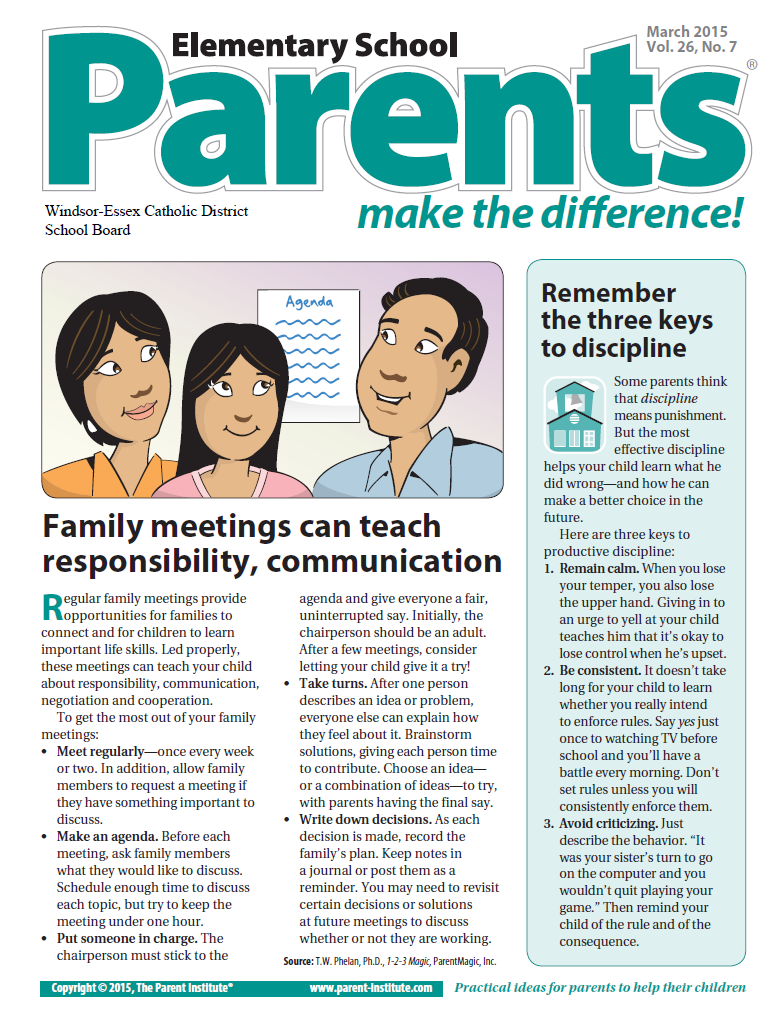 After a divorce, one of the spouses who has received legal custody of the child makes all decisions independently. You can consult with the other parent, and this is even recommended, however, if you are unable to agree with the other parent or do not wish to consult, you can make your own parenting decisions. Note that the court can always review a parent's decision to raise a child to ensure that the decision is in the best interests of the child. Joint legal custody essentially means that both parents have equal rights to make significant decisions that affect their children's lives. If the parents agreed to joint legal custody, then they essentially agreed to set aside their personal differences in order to effectively raise their children. If the parents are unable to agree on legal custody, then such a decision will be made by the court.
After a divorce, one of the spouses who has received legal custody of the child makes all decisions independently. You can consult with the other parent, and this is even recommended, however, if you are unable to agree with the other parent or do not wish to consult, you can make your own parenting decisions. Note that the court can always review a parent's decision to raise a child to ensure that the decision is in the best interests of the child. Joint legal custody essentially means that both parents have equal rights to make significant decisions that affect their children's lives. If the parents agreed to joint legal custody, then they essentially agreed to set aside their personal differences in order to effectively raise their children. If the parents are unable to agree on legal custody, then such a decision will be made by the court.
Custody related to the residence of children after divorce means the right of a parent to have a child permanently reside with this parent in the same family and responsibility for their child while he lives with this parent. If one of the parents received the right to live with the child after the divorce, then the other parent is likely to receive the right to visit the child (visitation). If the parents cannot agree on a visitation schedule for the child, the court will provide such a schedule. Sometimes it is possible to have a joint right of residence of a child with parents in turn in equal shares (joint physical custody). In this case, the child will live half the time in the family of one parent, and half the time in the family of the other.
If one of the parents received the right to live with the child after the divorce, then the other parent is likely to receive the right to visit the child (visitation). If the parents cannot agree on a visitation schedule for the child, the court will provide such a schedule. Sometimes it is possible to have a joint right of residence of a child with parents in turn in equal shares (joint physical custody). In this case, the child will live half the time in the family of one parent, and half the time in the family of the other.
6. Will I have less time to visit my child if the other parent has exclusive legal custody?
Optional. Legal custody means the right to make decisions, not the right to spend time with the child. The parent with exclusive legal custody has the right to make most parenting decisions if both parents cannot agree on that decision. If the parents agreed to joint legal custody, then they essentially agreed to set aside their personal differences in order to effectively raise their children. Each parent in this case has equal rights to make decisions regarding the child. Regardless of whether your spouse has exclusive legal custody or both of you, you still have the opportunity to see your child as much as his schedule allows. Visitation of a child is usually independent of legal custody.
Each parent in this case has equal rights to make decisions regarding the child. Regardless of whether your spouse has exclusive legal custody or both of you, you still have the opportunity to see your child as much as his schedule allows. Visitation of a child is usually independent of legal custody.
7. How is child support calculated?
New York State offers a formula for calculating the amount of child support payable by a parent as specified in Family Code section 240(1-b). This is a rather complicated article of law that must be read and interpreted carefully in order to accurately calculate the amount of child support. Usually, after the allowed deductions from the parent's total earnings, a certain percentage is applied to the balance of earnings to calculate basic child support. The percentage depends on the number of dependent children under 21:
17% per child, 25% for two children, 29% for three children, 31% for four children, and 35% for five or more children;
It is necessary to carefully and carefully interpret the article of the law in order to accurately calculate child support, as there are many factors and conditions prescribed in the law that affect these calculations.
8. Who pays child support?
Generally, the parent with whom the child does not live most of the time will pay child support to the other parent.
child support in New York
9. Will I be able to pay child support less than what is required by law?
The best chance to achieve this is to negotiate a reduction in child support as part of a common agreement between the parties. Do not forget, however, that the other party is not obliged to agree to this. Only in rare cases does the court find reasons not to apply the formula provided by law.
10. What if the children spend a significant part of their time with me, or even 50% of the time?
Once again, if you are unable to negotiate a reduction in child support with the other party, it will be extremely difficult for you to persuade the court not to apply the statutory formula. To illustrate this, note that even if the parents spend the same amount of time with the children, there is case law stating that the parent with the higher income counts as the parent not living with the child for purposes of calculating child support, and such parent would have to pay formula support! ! This shows how much more beneficial it is for clients to take good faith negotiations seriously as the best way to resolve a dispute.
11. Until what age should a parent support a child?
In New York State, a child is entitled to parental support until the age of 21, unless he/she begins independent living earlier. If a child chooses not to attend college and instead joins the military or starts working full-time, then parental support ends when the child reaches 18 years of age.
12. Will a child be eligible for support if she stays in college after her 21st birthday to complete her studies and earn a bachelor's or graduate degree?
No. If child support continues after his 21st birthday, it will only be as a result of the agreement of both parents. The law does not require parents to continue supporting children after they turn 21, regardless of whether higher education is completed.
13. If my spouse has sole legal custody, or if we share joint legal custody, or if the children just live primarily with one parent, can the children's residence be changed unilaterally? OK with this parent?
The Court takes the issue of changing the residence of children very seriously. The main criterion for the court is the issue of the welfare of the children. In attempting to make such a decision, the court will ask the question: "If such a change in the place of residence of the child is allowed, will it significantly change the nature of the relationship between the child and the parent who does not move to a new place with him?" The court will try to find out as much as possible about the nature of the relationship with the parent. (For example, how often do you see your children? Do you go to their school events? Do you meet with your children during the school week? Do you make use of all the visits that you have assigned to your children? How good are your visits to children?) will evaluate all reasons for the expected relocation of children to determine whether the parent with whom the child lives has explored all possibilities to avoid such a relocation. The distance over which the proposed move is made is also an important factor. Is this the distance that will prevent you from regularly visiting your children? The latest trend in jurisprudence is to generally allow moves up to 2 hours by car from the children's previous residence (assuming the parent with whom the children live generally has a good reason for the move).
The main criterion for the court is the issue of the welfare of the children. In attempting to make such a decision, the court will ask the question: "If such a change in the place of residence of the child is allowed, will it significantly change the nature of the relationship between the child and the parent who does not move to a new place with him?" The court will try to find out as much as possible about the nature of the relationship with the parent. (For example, how often do you see your children? Do you go to their school events? Do you meet with your children during the school week? Do you make use of all the visits that you have assigned to your children? How good are your visits to children?) will evaluate all reasons for the expected relocation of children to determine whether the parent with whom the child lives has explored all possibilities to avoid such a relocation. The distance over which the proposed move is made is also an important factor. Is this the distance that will prevent you from regularly visiting your children? The latest trend in jurisprudence is to generally allow moves up to 2 hours by car from the children's previous residence (assuming the parent with whom the children live generally has a good reason for the move). These decisions were determined by the circumstances, so don't try to reassure yourself ahead of time based on what the court has decided in other cases.
These decisions were determined by the circumstances, so don't try to reassure yourself ahead of time based on what the court has decided in other cases.
14. Will my spouse be required to pay me alimony or maintenance after the divorce, and if so, for how long?
A recent change to the law that went into effect in 2016 provides for a formula on how to calculate temporary alimony, as well as a recommended formula for calculating permanent alimony after divorce and how long it lasts. There are also additional factors that the court must consider when determining the amount and duration of child support.
Here are a few factors that are considered the most significant:
- the length of the marriage; the age and state of health of each spouse;
- present and future earning opportunity for each of the spouses;
- your opportunity to become financially independent;
- reduced or lost earnings opportunity due to denial or delay in education, training, work, or career development during marriage;
- having children in your home;
This is a complex decision and will be influenced by many factors.
15. Can my spouse evict me from our home?
Unless you have physically, verbally, or mentally abused your spouse, or have already found another place to live, it will be extremely difficult for your spouse to evict you from their home. Unless you agree to move out voluntarily, your spouse will have to file a petition with the court for you to be evicted, and the court will give you an opportunity to respond to it.
16. Can I and my children continue to live in our house after the divorce?
Assuming that the children will be living with you, and if you have a child under 18, the court will generally try to keep the child in the home, neighborhood, and school to which the child is already accustomed, assuming that the child is fine in that environment, and also implying that financial circumstances allow it.
17. Am I entitled to a share in the value of the house, even if the title is not in my name?
If the house was purchased during the marriage with funds earned during the marriage (regardless of which spouse earned the money), it is likely that you will be entitled to a share in the price of the house, even if the house is not registered on you. There are many factors to calculate the size, value and percentage of this share.
There are many factors to calculate the size, value and percentage of this share.
18. I bought our house before our marriage with funds I bought before our marriage. Will I have to share the cost of my home with my ex/ex-spouse?
Usually not. However, if the house increased in value during the marriage as a result of your spouse's efforts, or as a result of a joint investment in the house, then your spouse may claim a share of the excess price during the marriage. Please note that if you put your spouse's name on the home title deeds, this may cause your spouse to be able to claim a share of the total value of the home.
19. Will the court force me to sell my house?
If there are no children, and assuming the house is jointly owned, the court will allow each spouse to buy out the other spouse's share. If neither spouse has the ability to buy out the other's share, or is not interested in doing so, the court may order the sale of the house and divide the proceeds from the sale at the discretion of the court.
20. Credit cards: Should they be cancelled?
If you think your spouse will use credit cards beyond justified living expenses, consider closing the account. Most accounts can be closed by either paying off the debt or transferring to another credit card. If your name is first on the account, you can achieve the same goal simply by removing your spouse's name from the account. The final liability for debts will be determined by the court or by agreement. In most cases, it is recommended that you inform your spouse of your actions (after the accounts have already been changed) so that he/she is not unpleasantly surprised or embarrassed when the payment is unexpectedly declined.
21. Do I have to withdraw money from all joint accounts to protect my spouse from taking or hiding the money?
The courts do not approve of either spouse withdrawing all the money from a joint account or withdrawing money without good reason. The husband should think seriously before withdrawing money.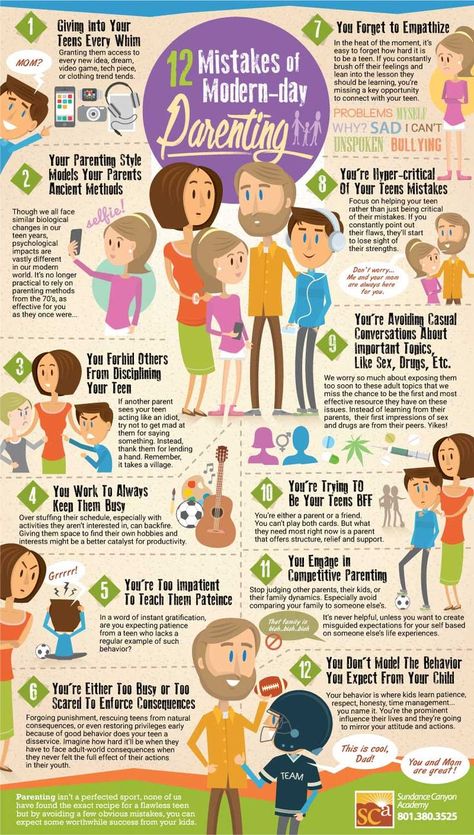 Do not forget that the court has the right to demand liability from the spouse if it is proved that he squandered or hid the joint funds.
Do not forget that the court has the right to demand liability from the spouse if it is proved that he squandered or hid the joint funds.
22. If I own a business or share in a business, will my spouse get a share of the business?
If your business was created during marriage, or if you acquired an interest in a business during marriage, then your spouse will likely be able to claim a portion of that business or a portion of your interest in the business. If you acquired the business before marriage, or you acquired an interest in the business using funds from an inheritance or a gift, then your spouse may claim an excess (if any) of the value of the business that occurred during the marriage if you or your spouse is actively contributed to the value of the business. Usually an accountant is hired to do this calculation and there are many factors that go into this calculation. Once the overall valuation of the business has been made, it is calculated what percentage of that value should be used to calculate the spouse's share. There are many factors the court will take into account to determine this percentage, including but not limited to the length of the marriage, your spouse's contribution to the business, family earnings or assets invested in the business, etc.
There are many factors the court will take into account to determine this percentage, including but not limited to the length of the marriage, your spouse's contribution to the business, family earnings or assets invested in the business, etc.
23. Can my spouse claim the estimated value of my professional license or higher education diploma?
For divorces initiated before 2016, by law, if all or part of the acquisition of a professional license or higher education occurred during marriage and was paid for by joint family funds, then it is likely that the spouse will be able to claim a portion of the assessed value of such a license or diploma. Following recent changes to the New York State Family Code that went into effect in 2016, the court must no longer consider increased earning potential due to a professional license, college degree, celebrity status, or career advancement as part of a family partnership. assets. However, when deciding on an equitable division of joint marital property, the court must take into account each spouse's direct and indirect contribution to enhancing the earning potential of the other spouse.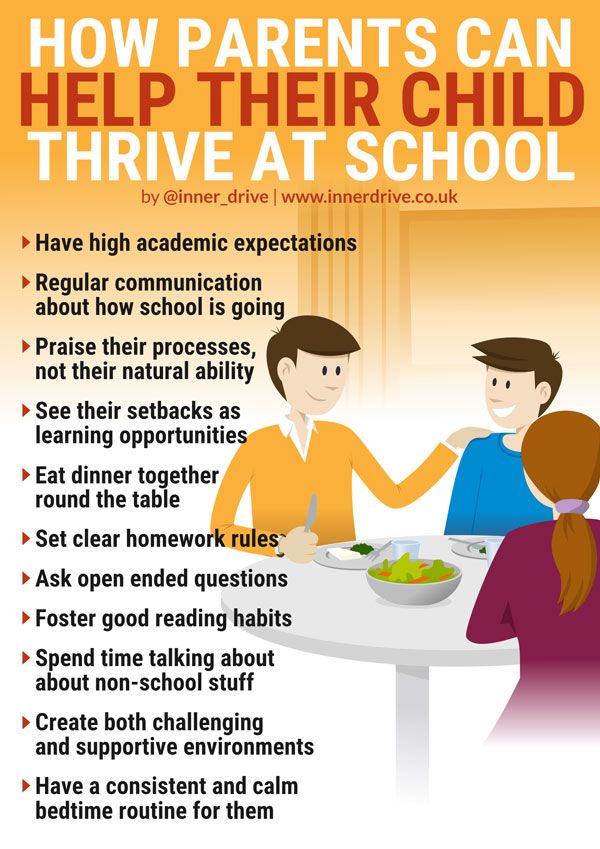 NY Dom. Rel. L. § 236B(5)(d)(7).
NY Dom. Rel. L. § 236B(5)(d)(7).
24. Which courts can hear divorce, custody and alimony cases?
The Supreme Court has exclusive jurisdiction over divorce cases; however, Family Court has concurrent jurisdiction over custody, visitation, and child support matters. If a person wants to get a divorce, he needs to fill out the original documents in the Supreme Court. If the child's parents are not seeking a divorce, or are not married at all, and want to sue for domestic violence, custody, visitation, or child support, they should file an application in Family Court.
25. What is a juvenile delinquency trial?
This is a New York State Family Court lawsuit involving a juvenile delinquency case between the ages of 7 and 16. When such a minor is arrested in New York State, he/she may obtain a subpoena from the police in Family Court in the county where the alleged offense was committed. On the other hand, when the allegations are serious enough and/or the minor child has had previous police referrals, the child may be detained overnight in a special detention center for children and brought to Family Court the next day when the court is open.
When a child comes to court with a parent or guardian, he/she and the parent will be interviewed by a probation officer and, depending on the charges, previous criminal convictions, the wishes of the victim and his parents, if the victim himself is a minor, the case may be referred to probation department. In this case, the petition against the juvenile delinquent is not filed and the child agrees to follow the rules of the probation department for an initial period of up to 60 days. The child must attend school, report to the probation department when required, write an essay and/or do community service under the direction of a probation officer, and also have no new drives. If the child complies with all this, the case will be dismissed.
If a juvenile is charged with a felony, or if the victim wants the case to continue, the New York City Law Department, which in such cases acts as a prosecutor, will file a petition against the juvenile delinquent, and the child will be required to appear before judge.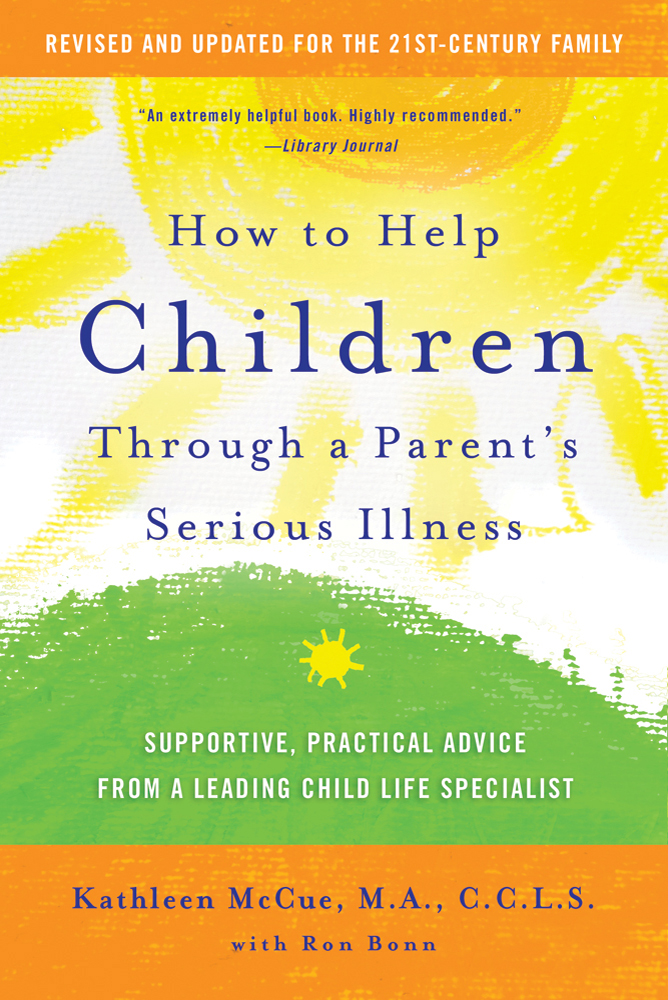 A case on juvenile delinquency is similar to a criminal case of an adult in a criminal court, however, there are significant differences: there is no bail for the release of the defendant to freedom for a minor - either he is left in custody or released without bail on bail to the parent / guardian; no right to a jury trial, instead a court hearing before a judge; no criminal conviction - instead, recognition as a juvenile delinquent; punishment options also vary, including case closure, conditional closure, suspended sentences of up to 2 years, or detention with varying degrees of security for an initial period of up to 18 months. For the most serious crimes allegedly committed by minors 13 years of age or older, the prosecutor has the option to refer the case to an adult criminal court.
A case on juvenile delinquency is similar to a criminal case of an adult in a criminal court, however, there are significant differences: there is no bail for the release of the defendant to freedom for a minor - either he is left in custody or released without bail on bail to the parent / guardian; no right to a jury trial, instead a court hearing before a judge; no criminal conviction - instead, recognition as a juvenile delinquent; punishment options also vary, including case closure, conditional closure, suspended sentences of up to 2 years, or detention with varying degrees of security for an initial period of up to 18 months. For the most serious crimes allegedly committed by minors 13 years of age or older, the prosecutor has the option to refer the case to an adult criminal court.
26. What is marriage annulment and how is it different from divorce?
A man and a woman must be legally capable of entering into a legal marriage. If the parties are not authorized to enter into a marriage, such a marriage can be annulled, that is, declared invalid. Grounds for marriage annulment are untraceable disability, minority, lack of consent, or consent obtained through fraud or intimidation, and incurable mental illness for five years.
Grounds for marriage annulment are untraceable disability, minority, lack of consent, or consent obtained through fraud or intimidation, and incurable mental illness for five years.
- If one of the spouses is terminally unable to have sex, the marriage can be annulled.
- Both parties must be over 18 years of age to marry without parental consent. A marriage between persons under the age of 18 may be annulled, at the discretion of the court, if the spouse under 18 wishes to annul the marriage.
- If, after marriage, either partner becomes terminally ill for 5 years or more, the marriage may be annulled. However, a healthy spouse may be required to maintain a mentally ill spouse for life.
- The parties must knowingly consent to the marriage. A marriage can be declared invalid if either party consented to the marriage as a result of violence or threats from the other party, or if either party did not understand the meaning and consequences of marriage.













